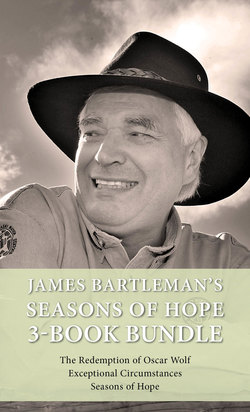Читать книгу James Bartleman's Seasons of Hope 3-Book Bundle - James Bartleman - Страница 6
На сайте Литреса книга снята с продажи.
Author’s Note
ОглавлениеFrom the early to mid-twentieth century, the period covered in this book, Canadian indigenous persons usually described themselves as Indians or Natives. Today, we refer to ourselves variously as Aboriginal persons, First Nations persons, Native Canadians, Natives, Indians, or by our national and tribal identities such as Chippewa or Ojibwa. Many of us no longer use the term Indian because in the past some non-Natives employed it in a derogatory or racist manner. Likewise, in the timeframe of the novel, Australian indigenous persons generally described themselves as Aborigines. Today, many prefer to be called Aboriginal persons or by their regional names such as Koori, Murri, and Nunga. I use the terms Indian, Native, Chippewa, Ojibwa, and Aborigine as appropriate to reflect the historical context of the novel.
This book is a work of fiction. With the exception of members of my family, any resemblance between the characters and individuals, living or dead, is entirely coincidental. Port Carling is a composite creation, based only in part on the village of that name. The fictional village incorporates physical features taken from other small communities that dot Canada’s Precambrian Shield country. The attitudes of its inhabitants toward Native people are an amalgam of attitudes prevalent in mainstream Canadian society prior to and after the Second World War. In recent years, the real village of Port Carling has emerged as a place whose people maintain close and welcoming ties of friendship with their Native neighbours and community members.
